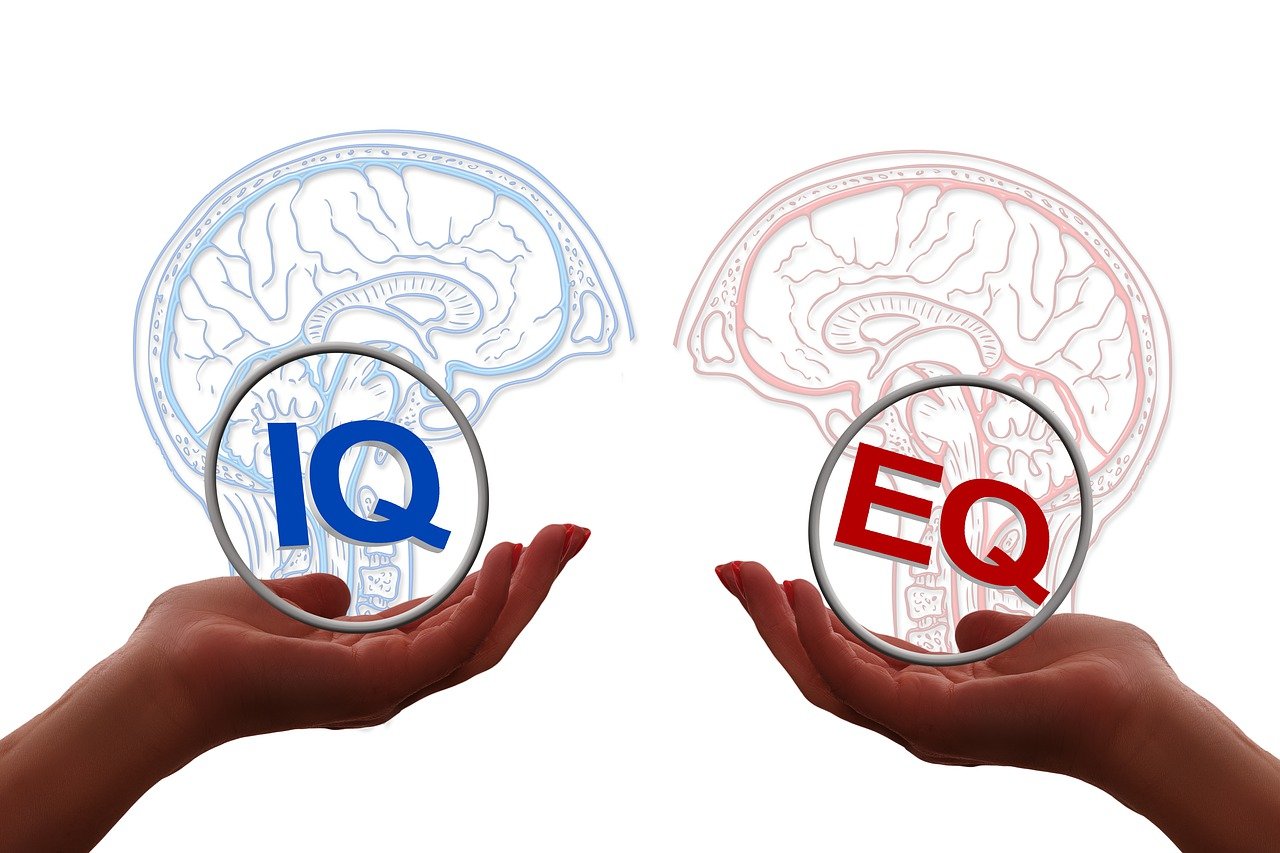In today’s complex and rapidly evolving business landscape, the role of emotional intelligence (EI) in people management has never been more critical. Emotional intelligence—the ability to understand and manage your own emotions, as well as recognize and influence the emotions of others—has emerged as a key factor in achieving success in leadership and team management. We can explore the significance of emotional intelligence in people management, how it contributes to success, and practical ways to enhance EI for better management outcomes.
Understanding Emotional Intelligence
Emotional intelligence encompasses several core competencies:
- Self-Awareness: Recognizing and understanding your own emotions and how they affect your behavior and performance.
- Self-Regulation: Managing your emotions in a healthy way, staying calm under pressure, and adapting to changing circumstances.
- Motivation: Harnessing emotions to stay motivated and achieve goals, maintaining enthusiasm and resilience.
- Empathy: Understanding and sharing the feelings of others, and recognizing their needs and concerns.
- Social Skills: Building and maintaining healthy relationships, communicating effectively, and resolving conflicts.
These competencies are crucial in people management as they facilitate effective leadership, foster positive team dynamics, and drive organizational success.
The Impact of Emotional Intelligence on People Management
- Enhancing Communication
Effective communication is at the heart of successful people management. Leaders with high emotional intelligence are adept at both conveying their own messages clearly and understanding the perspectives of others. They are skilled in active listening, which helps in accurately assessing team members’ needs and concerns.
Example: A manager with high EI might notice a team member’s frustration through their tone and body language during a meeting. By addressing the issue empathetically and offering support, the manager can resolve conflicts before they escalate and maintain a positive work environment.
- Building Stronger Relationships
Emotional intelligence fosters trust and respect, which are essential for building strong relationships within teams. Managers who are emotionally intelligent can connect with their team members on a personal level, showing genuine interest in their well-being and professional growth.
Example: A manager who regularly checks in with team members, provides constructive feedback, and recognizes individual achievements builds rapport and motivates employees. This approach not only enhances job satisfaction but also encourages loyalty and collaboration.
- Navigating and Resolving Conflicts
Conflict is inevitable in any workplace, but emotionally intelligent managers handle it more effectively. They approach conflicts with a calm demeanor, seek to understand all viewpoints, and facilitate constructive discussions that lead to resolutions.
Example: When two team members have a disagreement, a manager with high EI will mediate the situation by listening to both sides, acknowledging their feelings, and guiding them toward a mutually agreeable solution. This helps in maintaining team harmony and productivity.
- Promoting Employee Well-Being
Emotional intelligence contributes significantly to employee well-being by creating a supportive and empathetic work environment. Managers who understand and respond to the emotional needs of their team members can reduce stress and prevent burnout.
Example: A manager who recognizes signs of stress or dissatisfaction in their team members can offer flexible work arrangements, provide additional resources, or encourage a healthy work-life balance. This proactive approach helps in maintaining high morale and performance levels.
- Driving Motivation and Engagement
Emotionally intelligent leaders inspire and motivate their teams by aligning individual goals with organizational objectives. They use their understanding of team members’ emotions to create a work environment that fosters enthusiasm and commitment.
Example: A manager who acknowledges the personal and professional aspirations of their employees and aligns them with the team’s goals can boost motivation. Recognizing and celebrating small wins along the way can further enhance engagement and drive success.
- Improving Decision-Making
Emotional intelligence aids in making better decisions by incorporating both rational analysis and emotional considerations. Managers with high EI are more likely to consider the impact of their decisions on their team’s morale and well-being.
Example: When faced with a difficult decision, an emotionally intelligent manager will weigh the potential outcomes not just in terms of business results but also how they will affect the team. This balanced approach helps in making decisions that are both effective and considerate.
Enhancing Emotional Intelligence for Better People Management
- Self-Reflection and Awareness
Developing self-awareness is the first step towards enhancing emotional intelligence. Managers should regularly reflect on their emotional responses, behaviors, and their impact on others. Tools like journaling, seeking feedback, and engaging in mindfulness practices can aid in this process.
- Active Listening
Practicing active listening involves fully concentrating, understanding, and responding thoughtfully to what others are saying. Managers should make a conscious effort to listen without interrupting, validate others’ emotions, and provide appropriate feedback.
- Empathy Development
Building empathy requires putting yourself in others’ shoes and understanding their perspectives. Managers can develop empathy by engaging in open conversations, observing non-verbal cues, and showing genuine interest in their team members’ experiences and emotions.
- Stress Management
Managing one’s own emotions, especially in high-pressure situations, is crucial for maintaining emotional intelligence. Techniques such as deep breathing, exercise, and stress-relief activities can help managers stay composed and focused.
- Conflict Resolution Skills
Improving conflict resolution skills involves learning how to handle disagreements constructively. Managers can benefit from training in negotiation, mediation, and problem-solving techniques to effectively manage and resolve conflicts.
- Continuous Learning
Emotional intelligence is not a static skill but one that can be developed and refined over time. Managers should seek opportunities for ongoing learning through workshops, coaching, and reading about emotional intelligence and leadership.
Summary
Emotional intelligence plays a vital role in achieving success through effective people management. By enhancing communication, building stronger relationships, navigating conflicts, promoting employee well-being, and driving motivation, emotionally intelligent managers create a work environment that fosters productivity, engagement, and overall success. As the business landscape continues to evolve, the ability to understand and manage emotions will remain a key differentiator for leaders striving to achieve their organizational goals. Investing in the development of emotional intelligence is not just a personal benefit but a strategic advantage in driving long-term success.
Views: 1




Leave a Reply